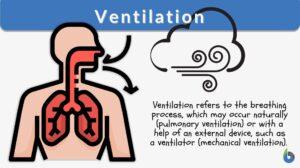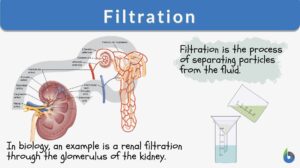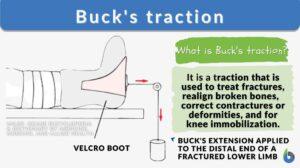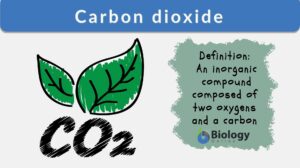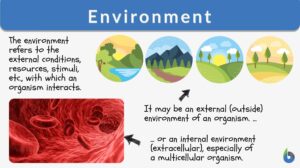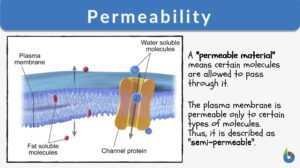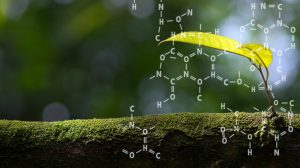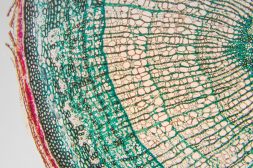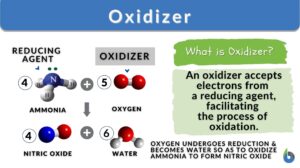Search Results for: air pressure
Air pressure
Definition noun (1) The pressure caused by the weight of air. (2) The force exerted by air per unit area. Supplement Air... Read More
Residual volume
Residual volume is a term that is most often seen in lung physiology where it is defined as the amount of air remaining in... Read More
Respiration
Organization of the Respiratory System Each lung is composed of air sacs called alveoli - the sites of gas exchange with... Read More
Ventilation
Ventilation Definition Often when persons think of ventilation, they think of getting clean or enough air into a room. This... Read More
Filtration
Filtration Definition What is filtration? Filtration is separating a solid from a fluid through a porous material that... Read More
Water in Plants
The movement of molecules, specifically water and any solutes, is vital to understand in light of plant processes. This will... Read More
Elastic cartilage
The cartilage is a connective tissue characterized by having an extracellular matrix that is abundant in chondroitin sulfate... Read More
Buck’s traction
Buck's Traction Definition Buck's traction for femur fracture is very helpful. It can be utilized in the treatment and... Read More
Carbon dioxide
Carbon Dioxide Definition noun, car·bon di·ox·ide, /daɪˈɒksaɪd/ (biochemistry) An inorganic compound, with the... Read More
Environment
Environment Definition What does environment mean? If you mean physical environment, then it is defined as the surrounding... Read More
Permeability
Permeability Definition What is permeability? In earth science, its definition is this: "the ability of any material such... Read More
Vascular plants
Definition of Vascular plants The term 'vascular' is derived from the Latin word vāsculum, vās, meaning "a container and... Read More
Effect of Chemicals on Growth & Development in Organisms
Plants Plants require a large number of elements to function properly, mainly carbon, oxygen, and hydrogen, essentially... Read More
Plant Tissues
Plants are composed of three major organ groups: roots, stems, and leaves. As we know from other areas of biology, these... Read More
Sensory Systems
A sensory system is a part of the nervous system consisting of sensory receptors that receive stimuli from the internal and... Read More
Plant Water Regulation
A plant requires water as an essential ingredient of photolysis, the photochemical stage of photosynthesis where water is... Read More
Diaphoresis
What is Diaphoresis? Diaphoresis is referred to excessive or profuse perspiration or sweating which may be due to... Read More
Growth and Plant Hormones
Growth All living organisms begin in the same form: as a single cell. That cell will divide and the resulting cells will... Read More
Hemisphere
Hemisphere 1. A half sphere; one half of a sphere or globe, when divided by a plane passing through its center. 2. Half of... Read More
Chronobiology
Chronobiology Definition Chronobiology is a branch of biology that studies time-related phenomena (e.g., biological... Read More
Integumentary system
Integumentary System Definition The integumentary system is the outermost layer of the body. The animal body, in... Read More
Bolus injection
A bolus injection is the act of administering a dose of medication or substance directly into the bloodstream by injection.... Read More
Eubacteria
Eubacteria are prokaryotic microorganisms consisting of a single cell lacking a nucleus and containing DNA is a single... Read More
Erythrocyte
Erythrocyte Definition Erythrocytes (red blood cells or RBCs) are the myeloid series of specialized cells that play an... Read More
Polymorphism
Polymorphism Definition The occurrence of two or more different forms or morphs in the population of a species is referred... Read More



